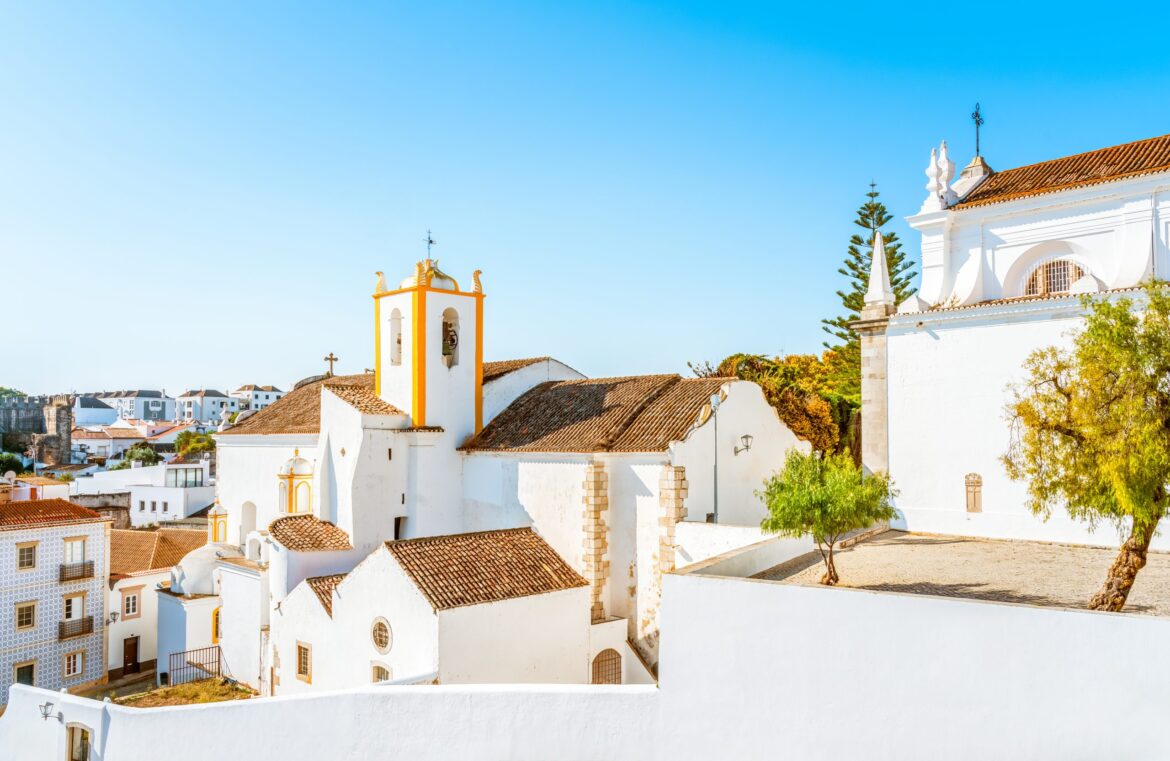Planting disease-resistant hybrid grapes is still banned in Portugal, but one region is “breaking the taboo” by pushing for authorisation of the white Defensor variety, db can reveal.

It might sound like the name of a nuclear weapon shield, but the Defensor is a white grape that protects against mildew, not missiles.
Currently prohibited in Portugal on the grounds that the country does not officially sanction the use of PiWi varieties, Defensor could end up making it onto the approved list as soon as next year. But there remain some hurdles to jump over.
“We are still awaiting final authorisation from the Portuguese Government,” Wines of Lisboa president Francisco Toscano Rico tells the drinks business. “But the aim is to advance cautiously, with planting limits and a strict 10-year evaluation of the batches produced.”
Defensor has been studied in a number of regions across Portugal and has been found to offer “productivity, acidity and sugar levels suitable for making quality wines,” says Toscano Rico. “It’s also highly resistant to downy and powdery mildew – an enormous advantage in an Atlantic climate for reducing plant treatments and associated costs.”
Agronomic and economic potential
For these reasons, Defensor shows “both strong agronomic and economic potential,” adds Toscano Rico. If sanctioned, Defensor, which is said to produce wines with fresh, fruity characteristics, would be formally included as an authorised grape for the production of white wines under the IG Lisboa designation.
A verdict is expected to be reached by the end of 2025. However, Toscano Rico cautions that a cloud of controversy surrounds the potential approval. “The topic is not consensual in Portugal, and will generate much national discussion,” he tells db.
PiWiS have been a hot potato topic in the wine trade for some years, with many championing their disease-resistant qualities while others question the quality of the final wines.
Last year, UK supermarket chain Tesco added a new white wine made from PiWi grape variety Floréal to its Tesco Finest range, with the retailer saying it planned to help familiarise consumers with hybrid grapes, using “simple, clear terminology” on the wine labels that customers would understand.
Meanwhile, Languedoc producer Domaine Paul Mas also brought a range of disease-resistant hybrid variety wines to market last year following a ten-year research project. Among the hybrid vines he cultivates on his estate are Souvignier Gris, Muscaris, Floréal and Prior, but Mas plans to gradually introduce the PiWi varieties to consumers in blends with more recognisable varieties — blends like Souvignier Gris/ Vermentino or Souvignier Gris/Sauvignon Blanc.
Related news
Montalcino’s wine tourism generates £130m lift for Brunello
Kir-Yianni acquires Santorini estate Domaine Sigalas
Online wine auctions hit price parity with live sales


Dining and Cooking